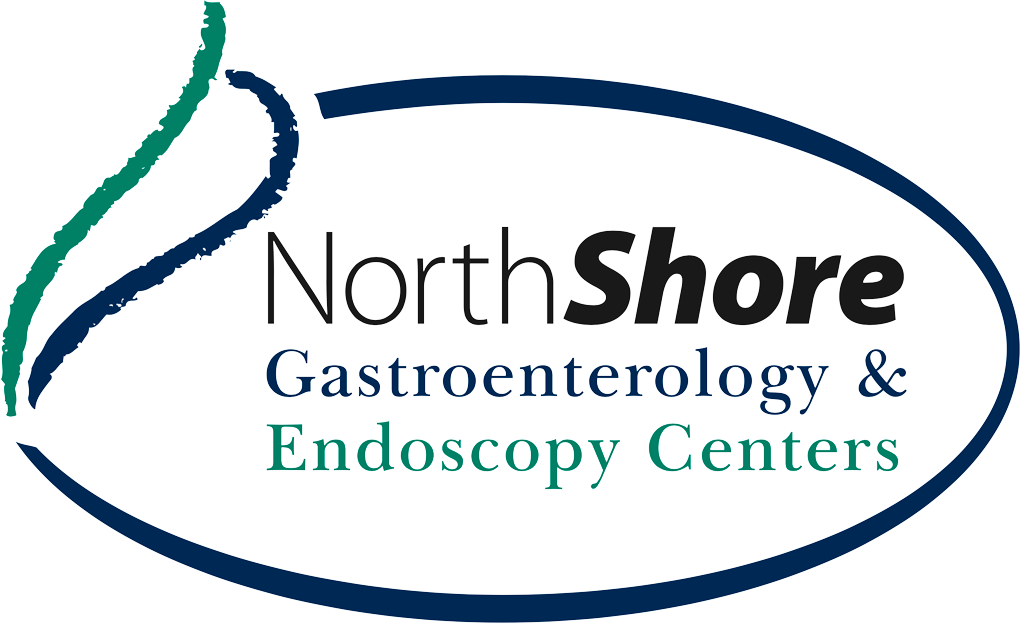Stomach Flu
Introduction
The stomach flu, also called viral gastroenteritis, is the leading cause of severe diarrhea. It can also cause vomiting and abdominal pain. The virus is found in contaminated food or drinking water. Symptoms of the stomach flu usually develop within 4 to 48 hours after exposure to the virus. The goal of treatment is to prevent dehydration while the virus runs its course.Anatomy
Causes
Symptoms
The rotavirus can cause severe symptoms in infants, children, and the elderly. Severe symptoms can lead to severe dehydration and death. You should consult your doctor if your infant or child has symptoms of the stomach flu. You should contact your doctor if you are elderly and experiencing severe symptoms.
Call your doctor if your stomach flu lasts longer than a few days. You should call your doctor if you experience symptoms including faintness, dizziness, dry mouth, and blood in your stool. Other symptoms of concern are producing small amounts of urine and having a sunken appearance to your eyes. An infant may present sunken fontanels, the “soft spots” on the head.
Diagnosis
Treatment
People with severe symptoms or dehydration may need to have fluids administered via an IV line. The stomach virus usually goes away on its own in a few days. Antibiotics do not work on viruses.
Am I at Risk
People with the highest risk for getting the stomach flu include infants, children, older adults, and people with weakened immune systems.
Complications
Call your doctor if your stomach flu lasts longer than a few days. You should call your doctor if you experience symptoms including faintness, dizziness, dry mouth, and blood in your stool. Other symptoms of concern are producing small amounts of urine and having a sunken appearance to your eyes. An infant may present sunken fontanels, the “soft spots” on the head.

Copyright © - iHealthSpot Interactive - www.iHealthSpot.com
This information is intended for educational and informational purposes only. It should not be used in place of an individual consultation or examination or replace the advice of your health care professional and should not be relied upon to determine diagnosis or course of treatment.
The iHealthSpot patient education library was written collaboratively by the iHealthSpot editorial team which includes Senior Medical Authors Dr. Mary Car-Blanchard, OTD/OTR/L and Valerie K. Clark, and the following editorial advisors: Steve Meadows, MD, Ernie F. Soto, DDS, Ronald J. Glatzer, MD, Jonathan Rosenberg, MD, Christopher M. Nolte, MD, David Applebaum, MD, Jonathan M. Tarrash, MD, and Paula Soto, RN/BSN. This content complies with the HONcode standard for trustworthy health information. The library commenced development on September 1, 2005 with the latest update/addition on February 16, 2022. For information on iHealthSpot’s other services including medical website design, visit www.iHealthSpot.com.
